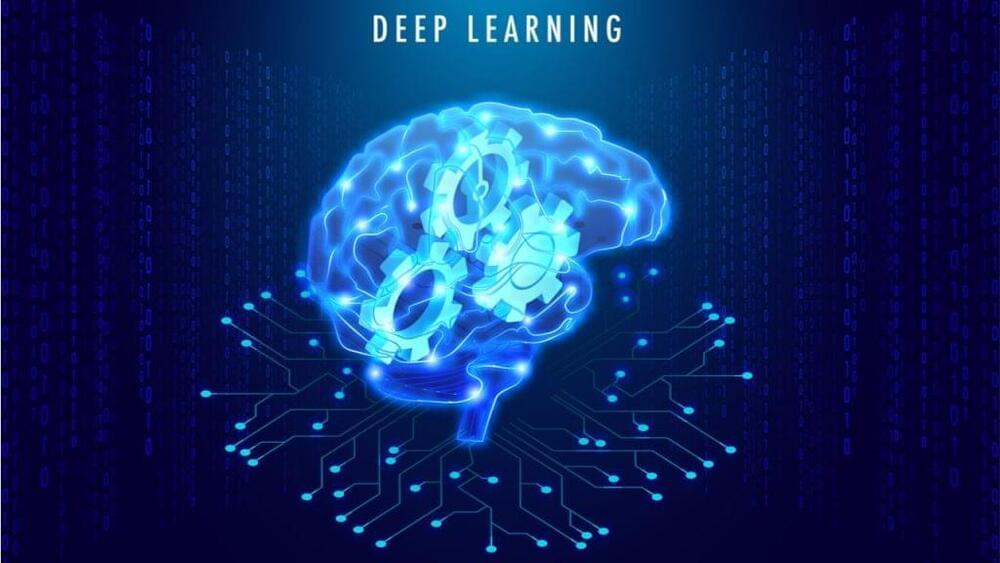Jan 15, 2023
Role Playing Via Generative AI ChatGPT Conjures Up Mental Health Questions, Stirring AI Ethics And AI Law Scrutiny
Posted by Gemechu Taye in categories: ethics, law, neuroscience, robotics/AI
They say that actors ought to fully immerse themselves into their roles. Uta Hagen, acclaimed Tony Award-winning actress and a legendary acting teacher said this: “It’s not about losing yourself in the role, it’s about finding yourself in the role.”
In today’s column, I’m going to take you on a journey of looking at how the latest in Artificial Intelligence (AI) can be used for role-playing. This is not merely play-acting. Instead, people are opting to use a type of AI known as Generative AI including the social media headline-sparking AI app ChatGPT as a means of seeking self-growth via role-playing.
You might be wondering why I didn’t showcase a more alarming example of generative AI role-playing. I could do so, and you can readily find such examples online. For example, there are fantasy-style role-playing games that have the AI portray a magical character with amazing capabilities, all of which occur in written fluency on par with a human player. The AI in its role might for example try to (in the role-playing scenario) expunge the human player or might berate the human during the role-playing game.


















